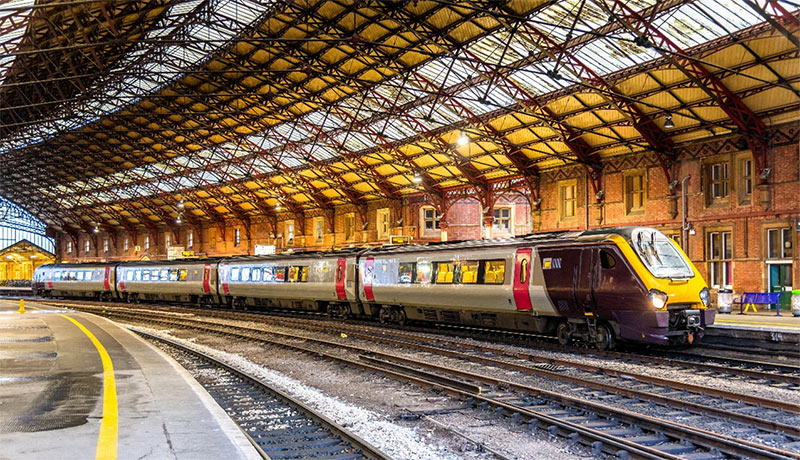Despite the media’s near unceasing coverage dedicated to Brexit during the run-up to the General Election, there are a number of other factors that the electorate must be informed about before the vote. Whilst the fate of the NHS, immigration and the economy are all considered to be more ‘headline news’, it is issues such as transport that so often get overlooked despite the fact that it effects everyone up and down the country. To amend this error, here’s a quick look at what the 3 main political parties are pledging to do should they be voted into power this June.
Conservatives
Beginning with the party that constantly holds the reins of Government, the Conservatives as of the time of writing are yet to release their manifesto for the forthcoming vote. Looking at their 2015 manifesto however, we can see that their policies then were to ‘invest in infrastructure’ and roll out ‘more and faster trains, more roads and cycle routes’.
Whilst debate can be made as to how effectively the Government has invested, plenty of money has been put into large-scale infrastructure projects. The Crossrail project for example is expected to give 1.5 million people in and around London better access to the city centre in just 45 minutes. Yet on the other hand, despite having pledged to ‘keep commuter rail fares frozen’, on average they have increased by 2.3% just since the turn of the year alone.
Criticism has also been levelled at the Conservatives for seemingly prioritising funding London and the surrounding counties to the extent that the region receives nearly 6 times more funding than anywhere else in the country. However it should be kept in mind that there is talk of further Crossrail development to link the main cities of the North together via high-speed rail. Whether this is a ploy to get votes in the run-up to the election or a genuine promise remains to be seen, but hopefully the full manifesto will soon be published to shed some clarity on this matter.
Labour
Despite Labour being similarly secretive in regards to the release of their manifesto, an early draft actually made its way online recently. Undeniably ambitious in scope, the text calls for investment in infrastructure of all sorts over the next decade to the tune of £250 billion. It also would undo the privatization of the transport network that has taken place under the Conservative Government, seeking to keep profits within the system to be re-invested in improving the quality and the safety of the network.
Jeremy Corbyn has also long stood on a platform of keeping the railways and other such cogs of the nation under state control. Citing the German model which has 88% public ownership, the Labour leader clearly is looking to implement such an approach were he to become Prime Minister in the summer.
The leaked document also would match the Government’s on projects such as Crossrail, and would expand the project to cover urban hubs away from London. Looking to ensure that ‘every area gets its fair share of transport investment’, Labour evidently has big plans for the nation’s transport infrastructure. The feasibility and how affordable these ideas might be are likely to be the key questions going forward, do they offer a better alternative to the decisions the Conservatives have made since 2010?
You are reading Public transport – What are the records of the two main political parties heading into the 2017 Election?



